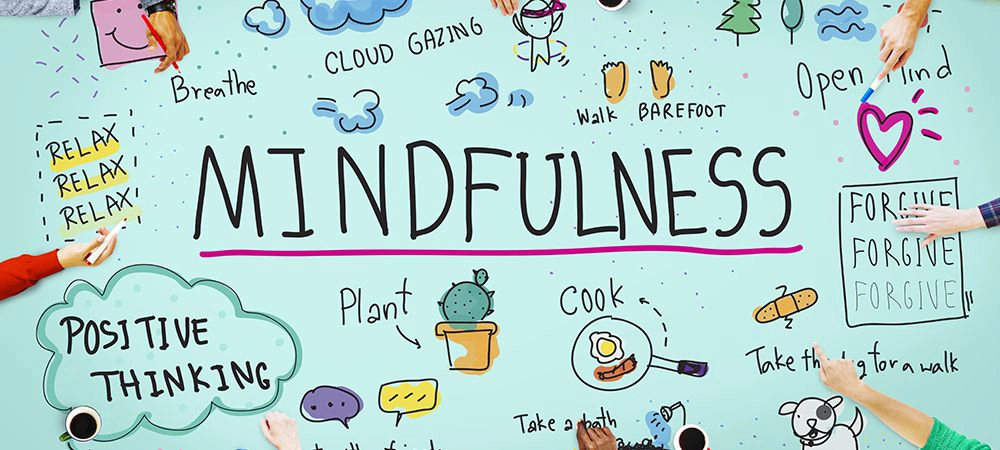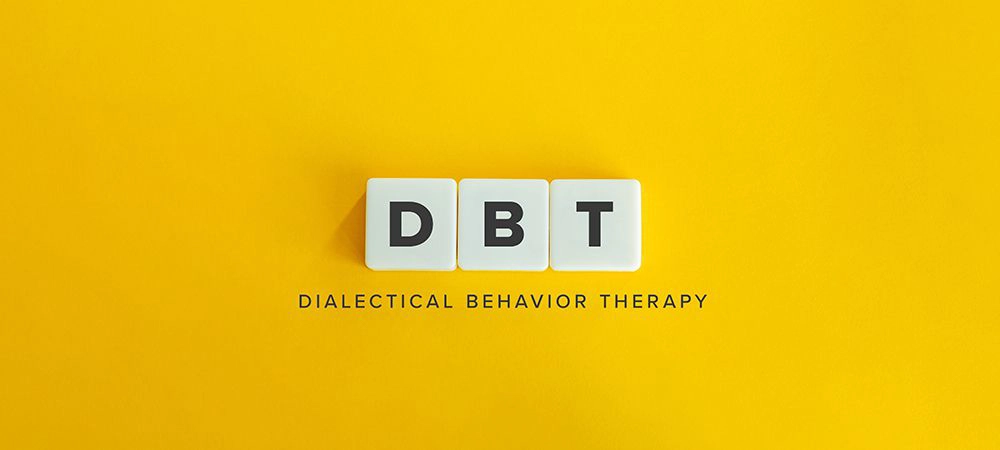One of the first questions many people have when going into rehab is, “How long will therapy last? This is not a simple question to answer, because addiction is a complex condition that affects everybody in different ways. DBT – or dialectical behaviour therapy – is just one form of therapy available for people with addictions.
What Is DBT Therapy?
DBT stands for “dialectical behaviour therapy”. In order to understand it, it is helpful to first know about the therapy it stemmed from: CBT, or cognitive behavioural therapy.
CBT is based on the idea that many psychological issues and problematic behavioural patterns result from negative patterns of thought or belief. If those negative patterns are identified, they can be replaced with something more positive, and the desired changes to mindset and behaviour will follow.
DBT includes this component of positive change, but it has a key element that many find lacking in CBT: an acceptance that our current thoughts and behaviours are valid, and in some cases, beyond our control.
According to the Oxford Dictionary, dialectical means “concerned with or acting through opposing forces”. In DBT, the opposite forces are acceptance and change.
Who Does DBT Help?
DBT was originally developed for the treatment of people with borderline personality disorder (BPD), but it has also proven to be a highly effective form of treatment for other conditions, such as:
- Eating disorders, such as bulimia, anorexia nervosa, and binge eating
- Depression and anxiety disorders
- Obsessive compulsive disorder (OCD)
- Self-injurious and suicidal behaviour
- Post traumatic stress disorder (PTSD)
- Substance use disorders
What Does The DBT Process Look Like?
Most DBT practitioners use four key strategies during the therapeutic process.
Mindfulness

A key component of DBT is learning how to accept your present state of mind without any judgment. Mindfulness is the art of “living in the moment”. There is no pressure to change anything or push away unpleasant thoughts. Instead, the focus is on slowing down and acknowledging what is happening within and around you.
Distress Tolerance
An important element of accepting your current situation is developing the ability to tolerate distress. As much as we may desire change, this isn’t always possible – at least, not in the immediate moment. Sometimes it is more constructive to use the tools we have at our disposal to handle whatever challenge is happening. These techniques may include distraction and self-soothing, and they are designed to help you avoid negative responses that you may have fallen back on in the past, such as use of substances.
Interpersonal Effectiveness
People with challenges like addiction often have difficulty being assertive in relationships in a healthy way. Relationships conflicts often turn into a vicious cycle when it comes to substance abuse: a troubled relationship may fuel an addiction, the addiction results in relationship difficulties, which leads to more substance abuse, and so on. By learning how to communicate with loved ones in a way that respects them and you, you can break this negative cycle.
Emotion Regulation
Addictive behaviour is often a result of not knowing how to cope with feelings. If you learn how to navigate intense negative emotions, you will have more success in getting through challenging times without turning to substance use. Emotional regulation can also help with other areas, such as relationships and communication.
How Long Does DBT Last?
DBT was formulated as a lengthy but finite course of treatment, designed to last for around one year. Its effectiveness over this time frame is well documented, but it means that those who start DBT during rehab should find a DBT practitioner when they return to their regular lives, in order to gain the full benefit.
Recent studies have been undertaken to determine the effectiveness of DBT over shorter periods of time. So far, the data suggests that DBT can result in significant gains when done over six months. There is not yet enough data for three-month or one-month durations, but indications are that DBT starts to have positive effects soon after treatment starts.
It is important to understand that no rehab program simply stops the day you leave the facility. Your addiction treatment team will work with you to create “next steps” plan. This will usually include referrals to therapists in your area who will help you continue the work you started during rehab.
How Do You Know When You Are Ready To End DBT?
As with any therapy, your DBT process will start with an assessment and the formulation of some goals. Although DBT often includes some group therapy work, the specific goals for each person in that group are highly individualized. Some people struggle with emotional regulation, others have difficulty communicating with their partners. The goals depend on the person.
Throughout the therapeutic process, you will see yourself making progress toward these goals – some goals may take longer than others. Some people can work on two or more goals concurrently; others can only work on one at a time. The process looks different for everybody, and there is no singular “right” way of doing it.
Therefore, there is no standard way of telling when you are ready to wrap up your DBT. You and your therapist will continually monitor and evaluate your goals, and you will make that decision as a team. Even when your treatment is formally over, your therapist may schedule some check-ins to ensure that you have successfully integrated the strategies you learned into your life.
Getting Help For An Addiction
Addiction Rehab Toronto offers comprehensive addiction treatment and rehab services that are customized for each individual. No two addictions look alike – we will meet you where you are and work with you to get you to where you need to be. We follow a holistic approach that respects your physical, mental, emotional, social, cultural and spiritual needs.
If you are ready to start your recovery journey, and you are looking for a safe place that is free from judgment and conducive to healing, give us a call today.








